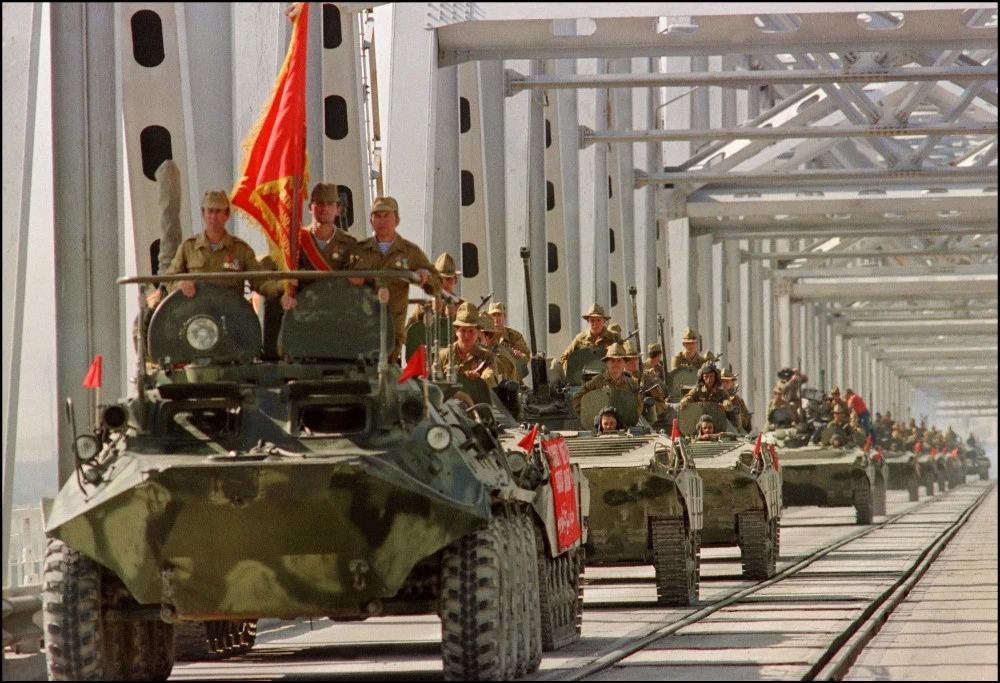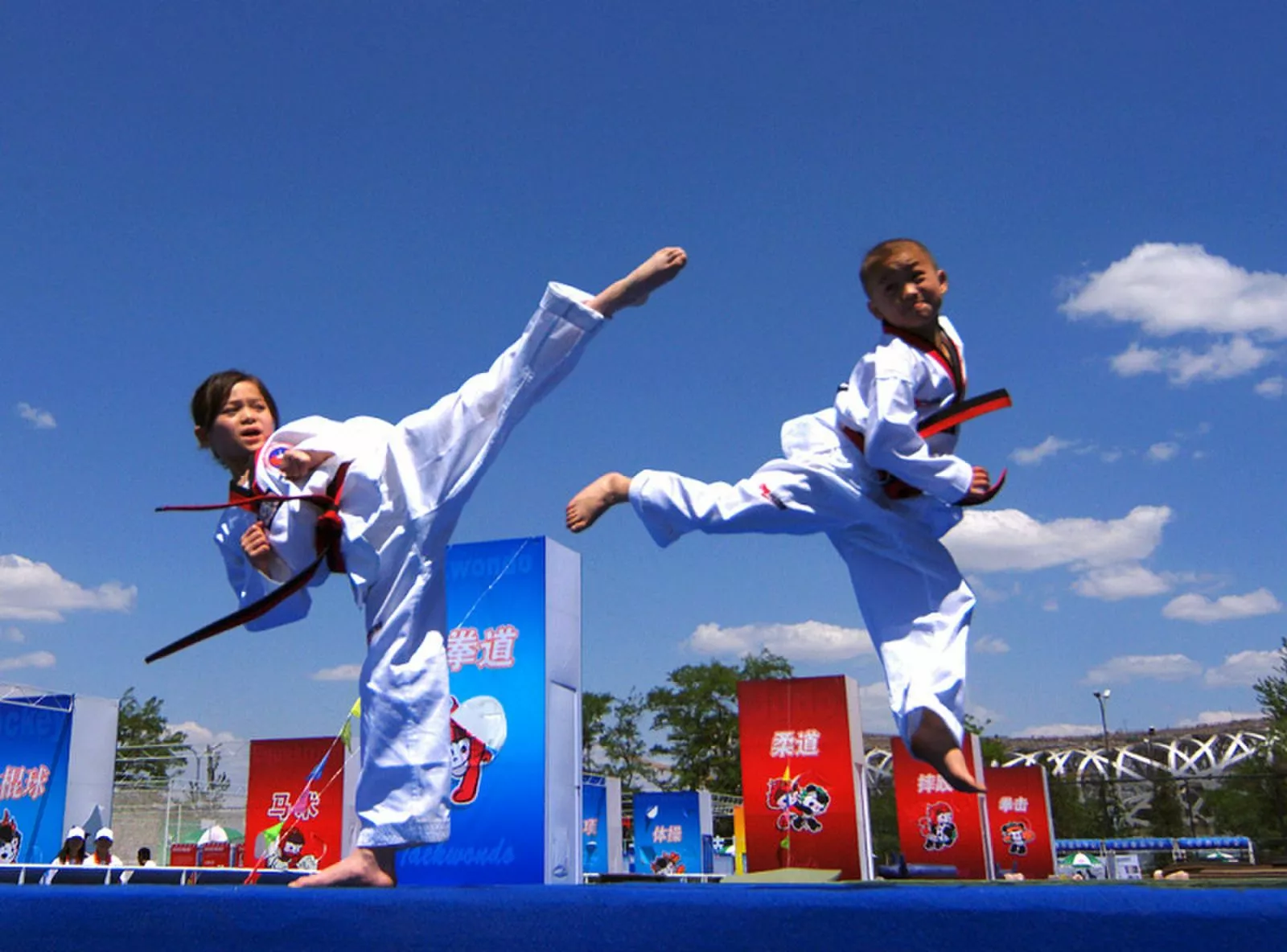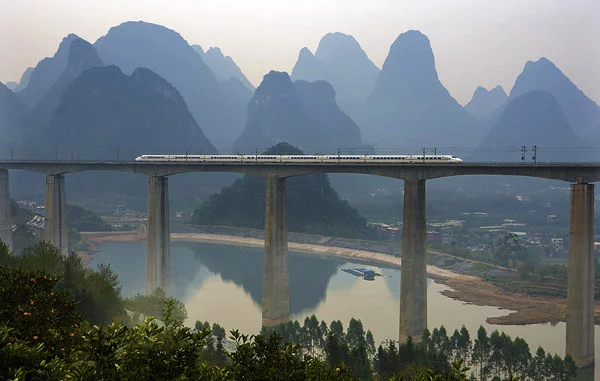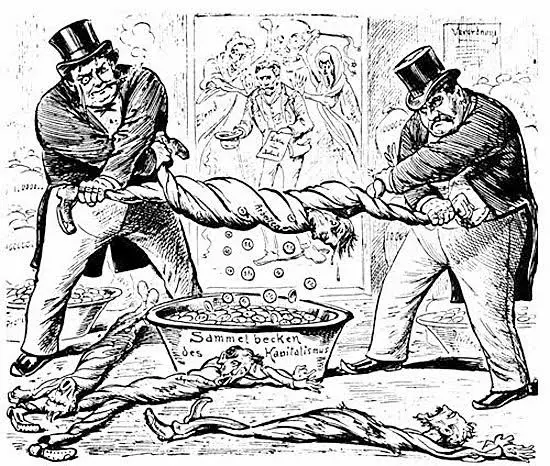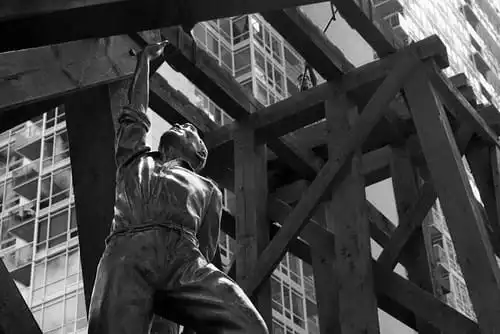For the past few months world’s attention has been focused on Afghanistan. What has happened and what is happening in Afghanistan has shaken the world concerning several fields such as feminism, religious extremism, terrorism, imperialism and socialism as well.
History
If we consider the history of Afghanistan it has a long history of being dominated by several emperors and world powers. Geo strategically also the location of Afghanistan is important as it is in a central point between regions of Asia and Europe. Afghan land was conquered by Alexander the Great of Macedonia in 329 B.C. and 11th Centuries it was a part of Mahmud of Ghazni’s empire from Iran to India. It has been under the control of several dynasties of conquerors. Reaching the late 1800 being invaded by Arab conquerors and dynasties, Islam had been established in the Afghan Land. In the 19th century, Britain which had been maintaining colonies in Asia had the interest to annex Afghan land against the increasing empire of Russia. This caused series of wars between Afghanistan and Britain until Britain defeated in 1921 and Afghanistan became an independent state. In 1926 Amir Amanullah Khan declared Afghanistan a monarchy. Facing an armed resistance he abdicated and left the country. In 1933 Zahir Shah became king and ruled for the next 40 years. When Britain left India in 1947 Afghanistan commenced sharing a border with the Islamic State of Pakistan.
Becoming a Republic and Soviet Influence
In 1921 after Afghanistan became an independent State Amir Amanullah Khan signed a Treaty of Friendship with the Soviet Union engaging it to assist Afghanistan economically and militarily at the invitation of Afghanistan. In 1953 under the monarchy of Shah his brother in law, Mohammed Daoud Khan, became prime minister. Being a pro-Soviet he sought economic and military assistance from the Soviet Union. Being influenced by the Soviet Union he introduced several social reforms such as allowing more freedom for women to attend universities and the workforce. At the time Nikita Khrushchev was Soviet Premier two countries had close relations. Growing two socialist revolutionary groups who were having ideological relations with the Soviet Union, named the Khalq (People) and Parcham (Flag) were also visible in this period and these two groups were the two factions of the People’s Democratic Party of Afghanistan (PDPA) which were established in 1965. They had been participating in elections for parliament since then. In 1973 Daoud Khan by a military coup overthrew the king and abolished the monarchy. He became the self-proclaimed President of the Republic of Afghanistan. The Republic of Afghanistan had a close relationship with the USSR and attempted several social and economic reforms.

On 28 April 1978, the day of the Saur Revolution which is also known as the Socialist revolution of PDPA, led by Nur Mohammad Taraki, Babrak Karmal and Amin Taha overthrew the government of Mohammad Daoud. On the 1st of May Mohammad Taraki became head of state and head of government. Country renamed the Democratic Republic of Afghanistan (DRA). Taraki also entered into an alliance agreement with the Soviet Union and had also initiated several land and democratic reforms. On the 14th of September of 1979, Hafizulla Amin, who was also in a leading role of PDPA overthrew Taraki. Babrak Karmal who was the vice head of the state fled to USSR. Amin implemented several secular reforms against the established religious and traditional laws. Simultaneously given the right of vote to women and abolished forced marriages. Hafizulla Amin also invited the Soviet Union to assist infrastructure development and to assist with the suppression of the growing anti-government forces. Even before 1979 conservative Islamic and ethnic groups who objected to social changes had taken arms against reforms. In June of 1978, the guerrilla movement Mujahadeen is created by the CIA to fight against the Soviet-backed government. It is evident that to counter the Soviet reforms this terrorist group was sponsored and funded by the USA and trained by Pakistan Military.
On the 27th of December 1979 as per the invitation of the government of Afghanistan, the Soviet Union sent their Army to Afghanistan and was supported by the military and parcham fraction. Meanwhile, Hafizullah Amin was killed and was replaced by Babrak Karmal. USA Reagan administration continued to arm Mujahadeen terrorist group against Soviet troops and Pakistan was used as an intermediary. From the 1980s fights continued between Soviet and government troops and Mujahadeen terrorists. It is said around 2.8 million Afghans have fled from the war to Pakistan, and another 1.5 million have fled to Iran and thousands of people dead. Eventually, Mujahadeen guerrillas started to gain control of rural areas, and Soviet troops held urban areas. Followed by Babrak Karmal in 1986 Mohommad Najibullah was appointed as the General Secretary of PDPA and in 1987 as the head of the state and received continued support from USSR. In September of 1986, a new constitution was written and it was adopted on 29th November 1987. In 1988 September, Osama bin Laden and 15 other Islamists from the terrorist group of Al-Qaida declaring to continue the war against the Soviets and to implement the goal of a pure nation governed by Islam. Osama bin Laden and Al-Qaida had close relations with Mujahadeen terrorists.
Reaching the late 1980s there had been growing international pressure to end wars and pressures on USSR to withdraw troops from Afghanistan and this pressure was also mostly influenced by the USA. From 1986 several Soviet regiments withdrew from Afghanistan. In 1989 USA, Pakistan, Afghanistan, and the Soviet Union signed a peace agreement in Geneva guaranteeing the independence of Afghanistan.
Apart from the military assistance provided to the Afghanistan government, Soviet Union influenced several popular reforms that benefited the people of Afghanistan. Especially concerning education and health, many institutions were established. Education and employment rights were granted to women. The Soviet Union granted financial and technological support for the development of Afghanistan. The Soviet Union assisted Afghanistan since 1954 as it had contributed to several other non-allied countries economically and technologically. From the contribution of Soviet Union made for the countries of the world highest per capita contribution had been received by the Afghanistan and people of Afghanistan. When Soviet troops left Afghanistan they left several infrastructure projects such as bridges, dams, apartments, roads for the benefit of the people of Afghanistan. Few main examples are Salang Tunnel which was built in the 1960s, the 2.6 kilometre-long tunnel connecting Kabul with cities in northern Afghanistan; Kabul Polytechnic University; Band-e Sardeh Dam which was constructed in the 1960s; Mikrorayon multi-storied apartment house; Afghanistan-Uzbekistan Friendship Bridge, etc.

However, in Afghanistan when it comes to the Marxist Leninist groups they also had internal conflicts as those were not well developed with the ideology and were influenced by the Islamic foundation that existed within the country. There is no way a revolution or leadership can be imposed on a country without the recognition of the people of such a country. Though as a powerful socialist country Soviet Union could help out, the major part of it had to be done by the people of the country.
The Soviet Union at the years it existed helped out and contributed to multiple governments which were not founded by socialist principles or based working class but based on the national capitalist class which then seemed to be progressive. Those governments using Soviet Union’s assistance worked to establish their power and some were corrupt too. The Soviet Union also had gained the trust of Muslim countries until 1979 as it had helped out a great deal the countries in Asia as well as North Africa to break their chains from colonialism. The Soviet Union intervened for the safety of the countries such as Egypt in the process of nationalizing the Suez Canal. However, in the intervention made in 1979 in Afghanistan, The USSR lost its reputation among the people of Islamic Faith and it still matters as a negative perception of socialism in general. The Soviet Union could have taken a more international diplomatic approach towards the issue rather than taking a military approach.
Most of the leaders and the anti-American or anti-imperialist governments mostly consisted of the national capitalist class gained assistance from the Soviet Union, later proved that there is no such thing as progressive capitalists and many caused to taint the Soviet name as well. The Soviet Union is contributing to the countries of the world that made the mistake of not strengthening the working-class forces but instead strengthening the capitalist governments of the countries. There were many instances of the very capitalist governments who received huge assistance from Soviet Aid, massacring the communists of that country in the same period.
Developing derailment from Marxism - Leninism and opportunism later emerged in the Soviet Union and imperialist pressure on the socialist camp led to the collapse of the Soviet Union. Many socialist governments depended on the Soviet Union faced crises after the collapse of the Soviet Union and similar problems faced by Afghanistan. While the Soviet Union withdrew from Afghanistan in 1989 USA backed Islamic extremist Mujahadeen group gradually seized power of Afghanistan.
Some of the lessons taught by Afghan experience were that the imperialists would continue to misuse the pressures of minority groups to build rebellion groups against socialist governments; any Marxist - Leninist group seek to lead for socialism must maintain correct ideology and ideological integrity; revolutions and leadership changes without gaining the confidence of the people can lead to collapses. However, Soviet Union left a legacy of popular reforms, numerous infrastructure developments and health and education institutions for the benefit of the people of Afghanistan.

Taliban to the USA; the USA to Taliban
In 1992 Mujahadeen and other anti-government groups stormed the capital, Kabul and overthrew Najibullah from power and a weak coalition government of Mujahadeen and other groups was formed. Economically Afghanistan had not been strong and there were conflicts between the participants of the coalition government. Firstly Presidency had been held by Sebghatullah Mujaddedi and after two months passed on to Burhanuddin Rabbani. With the refusal of Rabbani to relinquish Presidency as per agreement situation of a civil war emerged. Anarchic warlord control which was suppressive to people prevailed for the next years. Fraction emerged from Mujahadeen, the Taliban with the backing of Pakistan and Saudi Arabia eventually succeeded in seizing the power of Afghanistan. Taliban group mostly comprised of the ethnic group of Pashtuns while Rabbani’s government comprised mostly with the ethnic group of Tajiks. From 1995 Taliban succeeded in seizing the power of major cities in Afghanistan. After the Taliban seized Kabul on the 27th of September 1996, anti - Taliban Ahmad Shah Massoud and Abdul Rashid Dostum, created the United Front called Northern Alliance against the Taliban. While the Taliban seized power over the majority of Afghanistan, fights between the Taliban and Northern Alliance continued. Within the Taliban rule, many popular reforms that existed in Afghanistan were reversed especially related to the rights of women. Women were mandated to be fully veiled and were not allowed to go outside alone. Islamic law was enforced and punishments such as public executions and amputations were carried out. In 1997 Taliban publicly executed Najibullah. Later 1990s famine and droughts made several parts of Afghanistan became uninhabitable and many fled to Pakistan.
Blaming that Afghanistan was protecting Osama Bin Laden who was the leader of Al Qaida and who was responsible for terrorist attacks on the World Trade Center in New York City and a simultaneous attack on the Pentagon near Washington, D.C. on 11th September 2001, the USA demanded Taliban without success to turn over Bin Laden. Rejection of the Taliban resulted in intensive USA and Britain collective attacks on Afghanistan. Taliban governance fallen within days and USA backed Northern Alliance stormed Kabul. By the 7th of December, the Taliban surrendered their last base in Kandahar and as such started the 20-year occupation of the USA in Afghanistan. After 20 years now the USA has surrendered Afghanistan back to the hands of the Taliban. Every word the USA uttered guaranteeing democracy and safety of the Afghan people from Taliban, Religion extremism and terrorism has been proven fake. Statements of USA presidents relating Afghanistan to the 9/11 attacks has been proven wrong. In 2011 Osama Bin Laden was assassinated on Pakistan soil and not on Afghanistan soil. It is amply clear that USA imperialism utilized the 9/11 attacks to invade an economically weak Afghanistan and to establish a permanent base there. The proximity of Afghanistan to Iran, Russia and China which were rivals to the USA was the geostrategic importance of Afghanistan to the USA.
However, it must not be forgotten that Afghanistan, as well as Pakistan, provides a haven for religious extremist terrorists and armed networks. Mainly ISIS-K, Al-Qaida Core and Haqqani Network can be observed. ISIS-K is recognized as the Khorasan province of the ISIS terrorist group and it announced its presence in Afghanistan in 2015 well within the occupation of the USA and NATO. This group is recognized to be anti - Taliban and has accepted responsibility for the fatal twin bomb attacks that took place in the vicinity of Kabul airport on 26th of August 2021 killing closer to 200 people. Haqqani Network is also a semi-autonomous branch of the Taliban which is responsible for fatal and deadly attacks in the history of Afghanistan. Members of this Haqqani network are included in the newly established Taliban Cabinet. Al-Qaida core is also having relations with the Taliban. Some other armed groups that exist in Afghanistan are Tehrik-e-Taliban Pakistan (TTP), the Islamic Movement of Uzbekistan (IMU) and the Eastern Turkistan Islamic Movement (ETIM). The USA after 20 years left Afghan people in the hands of these armed terrorist groups again proves that imperialism led by the USA had no intentions for the well-being of the people of Afghanistan.

For the USA firstly invading Afghanistan was important for the power projection in the world to cover the shame of the 9/11 attacks, then Afghanistan was important as a base in the Asian region especially projecting power countering Iran and China. Within the Trump administration in the USA the nationalist narrative propagated was a good opportunity to withdraw forces from Afghanistan which were costing the budget from the country but giving a less competitive advantage in return. So the Trump administration, as well as the Biden administration, were not ashamed to enter into agreements with the Taliban who were ousted by them 20 years ago. Prompt withdrawal of USA from Kabul and fleet of puppet government from country granted victory to Taliban. Still, the imperialist agenda continues. Withdrawal from the USA from Afghanistan does not mean that Afghanistan is not a spot of interest to USA led imperialism. It can only mean right now a priority of agenda has shifted to somewhere else.
Where Afghanistan is headed?
So far the rulers and imperialists who ruled Afghanistan seemed to have little interest in the well-being of the people of Afghanistan. Though some progressive developments and reforms have taken place from the 1960s to 1990s with the influence of the Soviet Union, within such time also sectarianism and conflicts could be observed. Progressive reforms and developments which were achieved also have been reversed due to wars, religious extremism and imperialist influences. Now Taliban rulers have declared Emirate of Afghanistan and established Shariya Law restricting personal liberties and freedoms. However, there is no doubt when the economy is concerned Taliban also will follow the neoliberal economic principles and will stand biased against the imperialists. Still, it is unclear how far and to what extreme restrictions will apply on women and girls, but certainly, their freedoms are bound to be faded as per the remarks made by the Taliban. This is a classic example that fundamentalism in the current imperialist world is just a mascot used to gain power and to establish power.
Though the USA and allies demand that they are going to tame the Taliban with sanctions harm is already done on the people. The new government of the Taliban is maintaining relations with Pakistan, China, Qatar, Russia and Turkey which can put the Taliban diplomatically in a strong position than they used to be. It also must be mentioned at this point that these governments except for some assistance they have given to people seem to have little interest in the lives or long term well-being of Afghan people who are being pressured under an extremist group. They seem to be rather interested in filling the void made by the withdrawal of the USA and exploit Afghanistan for economic or power play purposes. There is no doubt Afghan people’s will and choice must be prioritized, but blindly interpreting the Taliban as the Afghan people’s will and choice cannot be acceptable. Especially, China propagating itself as a Socialist country must surely not take this opportunistic stand for economic purposes. Internationalism is not the policy of non-intervention allowing extreme groups to oppress people of countries. The intention of socialism must be to serve the oppressed working people beyond boundaries. It is not acceptable to pursue economic gains at the oppression of the people of the working class. China took this same opportunist stand on Bangladesh Liberation Struggle by supporting the Pakistan military rulers to massacre millions of Bangladeshi people. The strategic interests of a country are important, but above all the prime principle of socialists should be to safeguard the inalienable rights of the people of any country. India also for 20 years worked hand in hand with US imperialists and exploited the resources of Afghan people, who were under US guns. Indian capital was busy making profits while their US masters were bombing hundreds of thousands of poor people of Afghanistan. India is only concerned about cornering Pakistan and China during the US occupation and did not pay any attention to the grievances of the Afghani people under the US military colonial yoke. It is disgusting to read these days hundreds of articles, full of crocodile tears written by the Indian capitalist press.
On the other hand, due to recent conflicts, more than half a million people are being internally displaced and more than half a million are fleeing the country as refugees. The remaining people are forced to live according to Shariya Law. Afghan people are now exhausted. It is not certain for us to see shortly people’s mobilization in Afghanistan against reactionary imperialist forces. Nevertheless, Afghan people will rise for sure. However, it is the responsibility of world socialist, communist and leftist centres to mobilize people against the perils of capitalism, imperialism and religious extremisms to prevent states and most of all the working people from being victims of those agendas. Especially the left parties of the region must work on a common socialist strategy on Afghanistan, with the full aim of supporting Afghani people’s democratic rights and opposing imperialism, extremism as well as the agendas of regional powers.
Author:
Kalpana Madubhashini
(Attorney at Law)
Former Vice President of World Federation of Democratic Youth
Member of Department of International Relations
JVP, SriLanka
